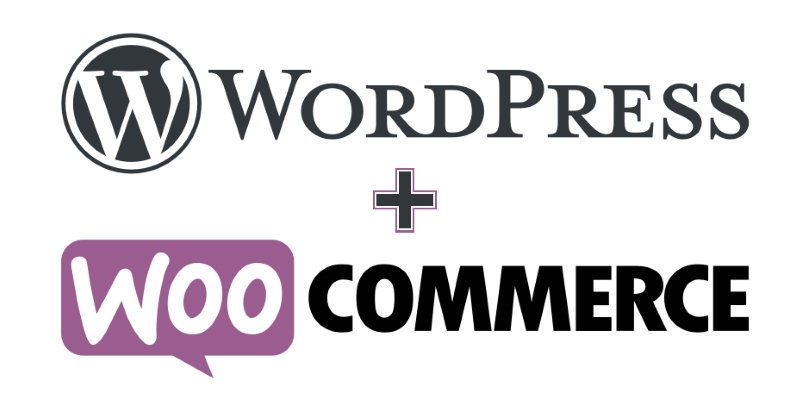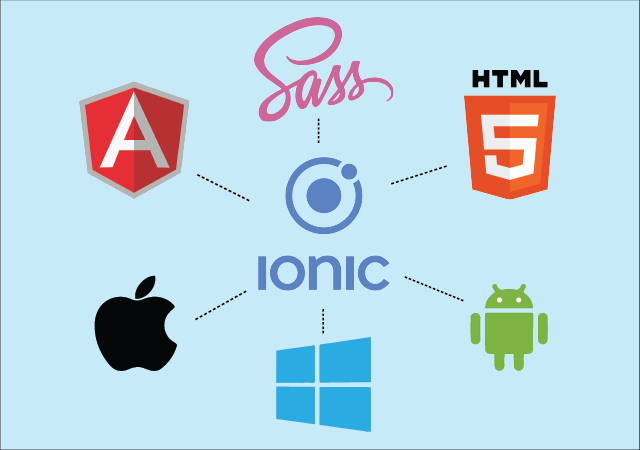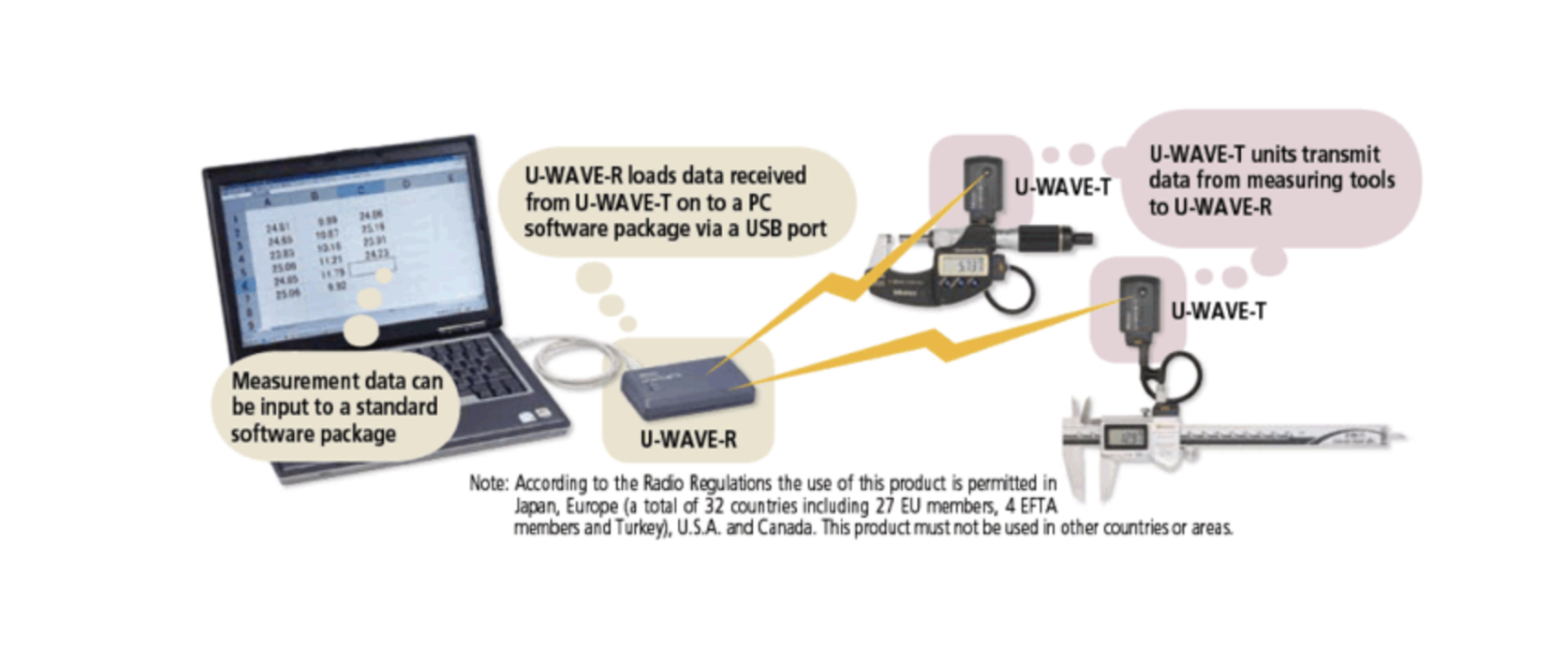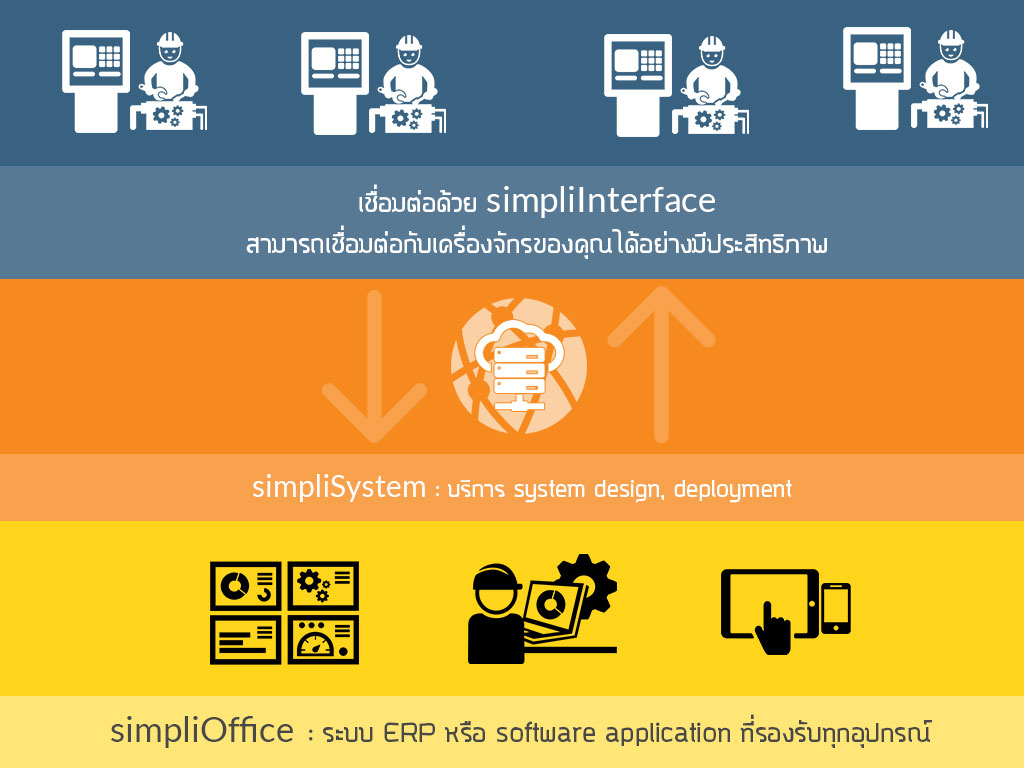How to Choose the Right Recycling Factory for Industrial Scrap
When your factory generates leftover materials — from metals and plastics to electronics or packaging waste — choosing the right recycling partner is a crucial decision. It impacts your cost efficiency, environmental compliance, and ESG reputation.
Here’s a practical guide to help factory owners and managers choose the right recycling factory.
♻️ 1. Identify Your Scrap Types
Before reaching out to recyclers, classify your waste:
- Metal scraps — aluminum, copper, stainless, iron, brass
- Plastics and packaging waste
- Electronic or hazardous waste
- Paper and cardboard
- Industrial byproducts (e.g., oil residues, sludge, filters)
Each category requires a recycler with the right licenses and treatment processes. For hazardous materials, ensure the recycler is approved by the Pollution Control Department (PCD) or Department of Industrial Works (DIW) in Thailand.
🧾 2. Verify Licenses and Certifications
Always check:
- ✅ Factory license (Type Ror.Ngor.4 in Thailand)
- ✅ Environmental management certification (e.g., ISO 14001)
- ✅ Hazardous waste handling permit
- ✅ Proper recycling certificates and tax invoices
These ensure that your factory stays compliant and passes environmental or ISO audits smoothly.
💰 3. Compare Pricing Transparently
Recycling factories may offer different pricing models:
- Based on weight or material purity
- Fixed vs. market-linked rates (e.g., LME for metals)
- Whether pickup service or drop-off is required
Reliable recyclers should provide transparent pricing that follows current market rates and issue official receipts and tax invoices.
🚛 4. Evaluate Logistics and Collection Services
Ask these questions:
- Do they offer on-site collection with weighing service?
- Can they provide storage bins or containers for continuous scrap generation?
- How quickly do they respond after a pickup request?
Efficient collection saves your factory time, space, and manpower.
🔍 5. Visit the Factory Before Deciding
A professional recycling factory should have:
- Clearly separated sorting and storage areas
- Safety gear for workers and fire-prevention systems
- Clean and organized facilities
- Proper machinery for compressing, melting, or shredding
A site visit helps confirm their credibility and compliance.
🌿 6. Ask About ESG and Sustainability Reporting
Modern recyclers should support your sustainability goals with:
- Monthly recycling reports
- Certificates for ESG documentation
- Data for carbon footprint tracking
👉 You can use the Carbon Footprint Calculator from SESTH.co to measure your environmental impact and recycling contribution.
🤝 7. Build Long-Term Partnerships
A good recycler is not just a buyer — they’re a sustainability partner. Look for one that:
- Understands your production schedule
- Offers flexible contracts and pickup frequency
- Supports CSR / ESG initiatives
- Maintains transparent communication
Long-term partnerships ensure consistent quality, trust, and mutual benefits.
🧩 Example: Simplico’s Approach
At SESTH.co, we connect factories with certified recycling partners nationwide. Our system REC Tool helps you:
- Verify factory licenses and material categories
- Store recycling certificates automatically
- Schedule pickups directly from web or mobile
This approach makes industrial recycling simple, transparent, and traceable.
Get in Touch with us
Related Posts
- AI驱动的 Network Security Monitoring(NSM)
- AI-Powered Network Security Monitoring (NSM)
- 使用开源 + AI 构建企业级系统
- How to Build an Enterprise System Using Open-Source + AI
- AI会在2026年取代软件开发公司吗?企业管理层必须知道的真相
- Will AI Replace Software Development Agencies in 2026? The Brutal Truth for Enterprise Leaders
- 使用开源 + AI 构建企业级系统(2026 实战指南)
- How to Build an Enterprise System Using Open-Source + AI (2026 Practical Guide)
- AI赋能的软件开发 —— 为业务而生,而不仅仅是写代码
- AI-Powered Software Development — Built for Business, Not Just Code
- Agentic Commerce:自主化采购系统的未来(2026 年完整指南)
- Agentic Commerce: The Future of Autonomous Buying Systems (Complete 2026 Guide)
- 如何在现代 SOC 中构建 Automated Decision Logic(基于 Shuffle + SOC Integrator)
- How to Build Automated Decision Logic in a Modern SOC (Using Shuffle + SOC Integrator)
- 为什么我们选择设计 SOC Integrator,而不是直接进行 Tool-to-Tool 集成
- Why We Designed a SOC Integrator Instead of Direct Tool-to-Tool Connections
- 基于 OCPP 1.6 的 EV 充电平台构建 面向仪表盘、API 与真实充电桩的实战演示指南
- Building an OCPP 1.6 Charging Platform A Practical Demo Guide for API, Dashboard, and Real EV Stations
- 软件开发技能的演进(2026)
- Skill Evolution in Software Development (2026)














